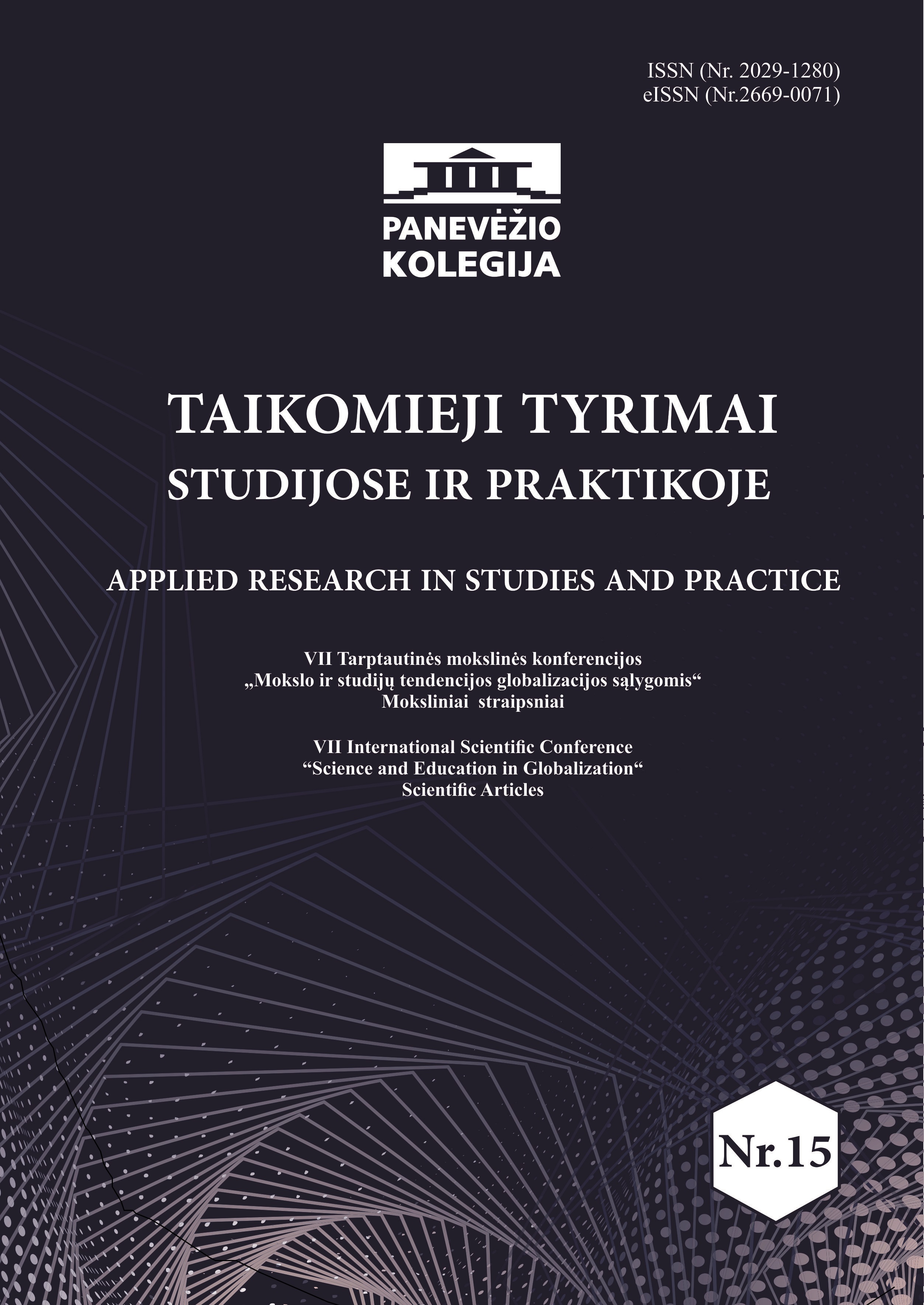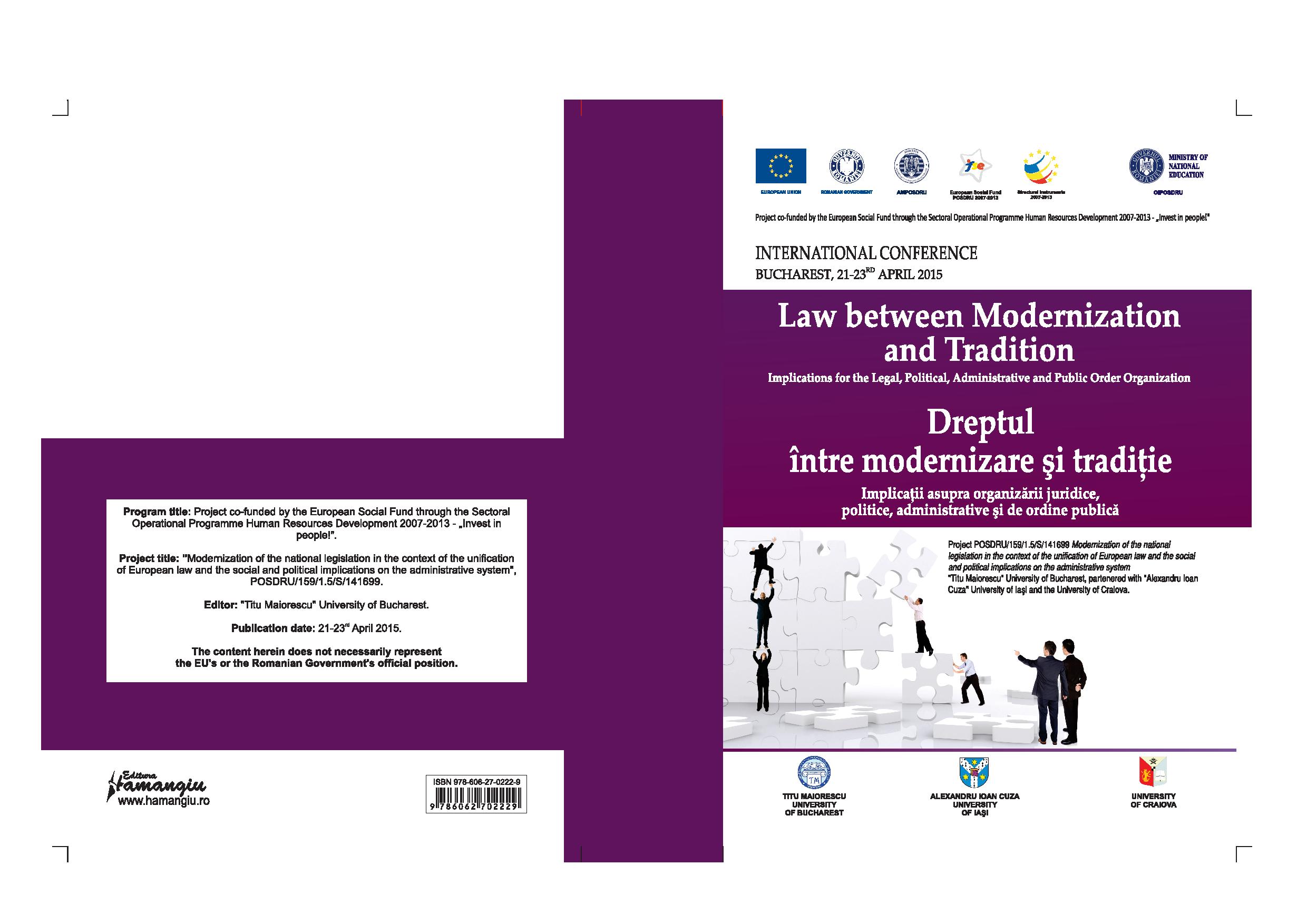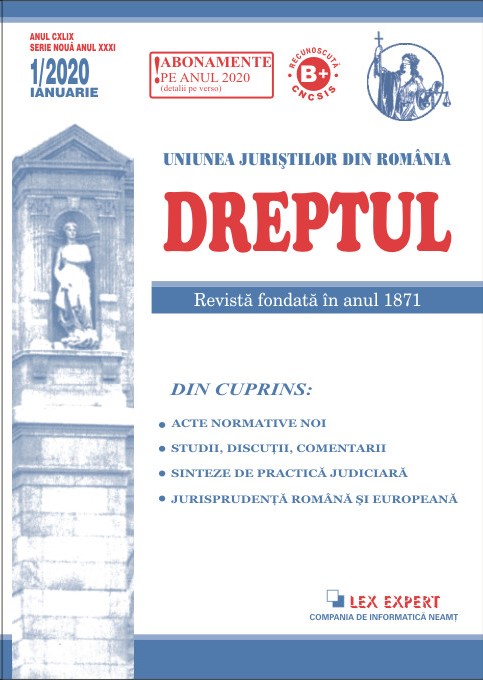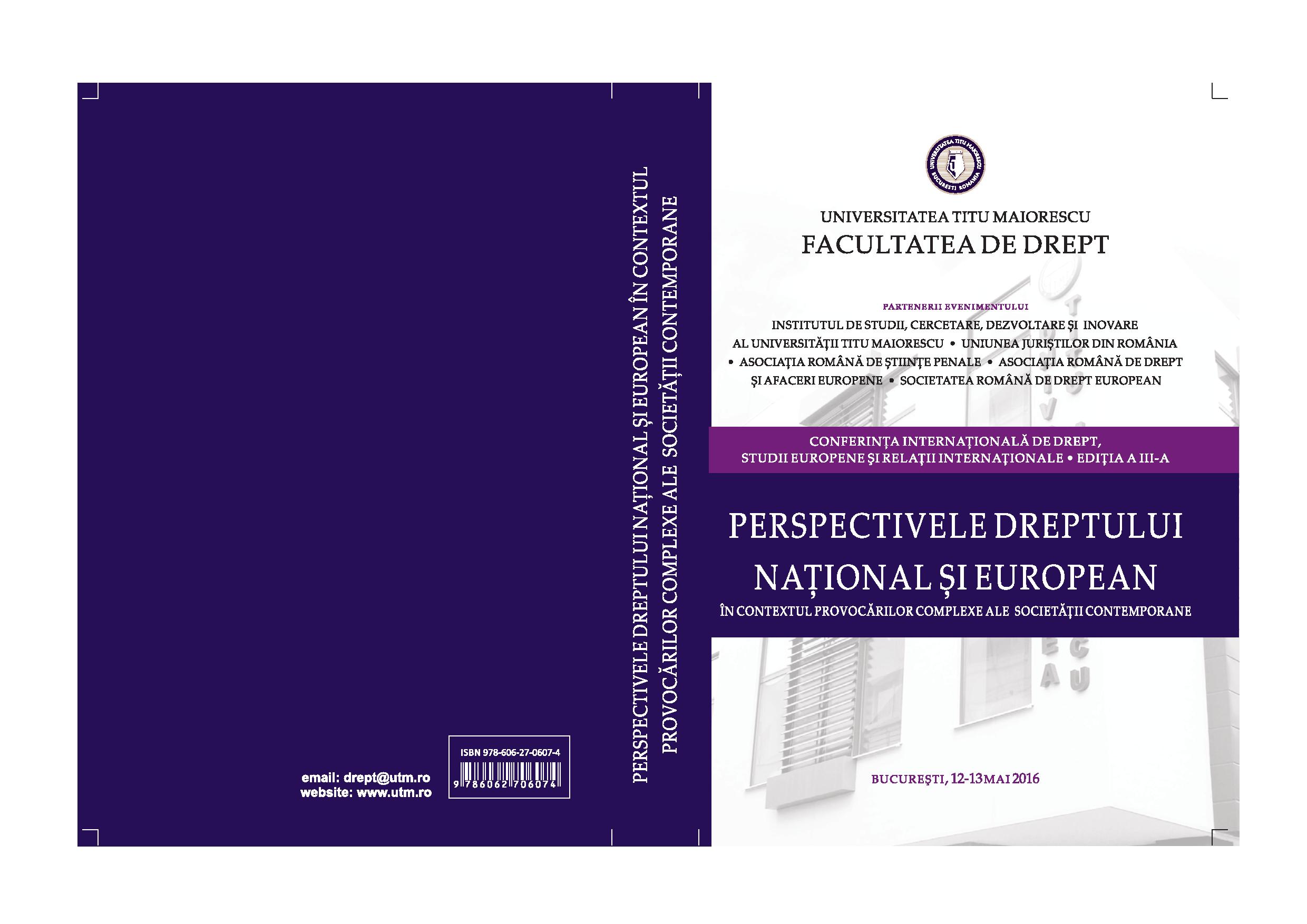
ORIGINALUMO SAMPRATA EUROPOS SĄJUNGOS VALSTYBIŲ TEISINĖSE SISTEMOSE
The originality concept in the legal systems of Europen Union countries. The only condition an artwork must satisfy in order to be protected by copyright is originality requirement. Different interpretations of the originality concept in various jurisdictions and application of different criteria, results in a lack of legal harmonization in Europe Union countries. The research is relevant because it deals with absence of legal harmonization in the copyright laws, therefore, Europe Union Member States have different criteria for the concept of originality and the exceptional right to decide which criteria to apply. The aim of the article is to find out the different criteria of originality concept in various Europe Union countries. The most important constraints are multilateral agreements that reduce the flexibility of states to change national copyright laws. The Trade-Related Aspects of Intellectual Property Rights agreement and Berne Convention on the Protection of Literary and Artistic Works may be categorized as restrictions. The problem of the concept of originality arises not only from the Court of Justice of the European Union case-law but also from Europe Union directives regulating copyright and describing artwork as “author's own intellectual creation”. In conclusion, it is worth noting that in order to reach the harmonization in Europe Union legal system, the interpretation of originality concept must be unified. Neither the Court of Justice of the European Union case-law nor the Europe Union Directives provide specific criteria of originality requirement. However, this is not surprising, as national laws can have different interpretations of originality requirement, for example originality requirement is not defined in French and United Kingdom legislation, which is why court decisions in these countries are based on case law. In German law, the interpretation of originality concept is linked to the “author’s own intellectual creation”, but court decisions are also based on case law. It is clear that courts interpret the concept of originality differently. Although the Court of Justice of the European Union strives to harmonize the concept of originality in the legal systems of the Member States, both the specific meaning of the concept and its scope are still unclear. If interpretation of originality requirement would not be so abstract, perhaps legal harmonization would be easier to reach. Conclusions: In all jurisdictions, the artwork must be original in order to obtain copyright protection. Originality consists of creativity and individuality elements. The definition of criteria for the concept of originality depends on the national laws and case law of each Europe Union Member State. Europe Union legislation stipulates that an artwork is considered original only if it complies criterion of "author's own intellectual creation". It is important to determine the author's personal relationship with the work and the author's creative and free choices. Since the Europe Union Directives and the Court of Justice of the European Union decisions provide only an abstract concept of originality, without specifying specific originality criteria that national courts could use to protect copyright works, there is a lack of harmonization in legal systems.In conclusion, it is worth noting that in order to reach the harmonization in Europe Union legal system, the interpretation of originality concept must be unified. Neither the Court of Justice of the European Union case-law nor the Europe Union Directives provide specific criteria of originality requirement. However, this is not surprising, as national laws can have different interpretations of originality requirement, for example originality requirement is not defined in French and United Kingdom legislation, which is why court decisions in these countries are based on case law. In German law, the interpretation of originality concept is linked to the “author’s own intellectual creation”, but court decisions are also based on case law. It is clear that courts interpret the concept of originality differently. Although the Court of Justice of the European Union strives to harmonize the concept of originality in the legal systems of the Member States, both the specific meaning of the concept and its scope are still unclear. If interpretation of originality requirement would not be so abstract, perhaps legal harmonization would be easier to reach. Conclusions: In all jurisdictions, the artwork must be original in order to obtain copyright protection. Originality consists of creativity and individuality elements. The definition of criteria for the concept of originality depends on the national laws and case law of each Europe Union Member State. Europe Union legislation stipulates that an artwork is considered original only if it complies criterion of "author's own intellectual creation". It is important to determine the author's personal relationship with the work and the author's creative and free choices. Since the Europe Union Directives and the Court of Justice of the European Union decisions provide only an abstract concept of originality, without specifying specific originality criteria that national courts could use to protect copyright works, there is a lack of harmonization in legal systems.In conclusion, it is worth noting that in order to reach the harmonization in Europe Union legal system, the interpretation of originality concept must be unified. Neither the Court of Justice of the European Union case-law nor the Europe Union Directives provide specific criteria of originality requirement. However, this is not surprising, as national laws can have different interpretations of originality requirement, for example originality requirement is not defined in French and United Kingdom legislation, which is why court decisions in these countries are based on case law. In German law, the interpretation of originality concept is linked to the “author’s own intellectual creation”, but court decisions are also based on case law. It is clear that courts interpret the concept of originality differently. Although the Court of Justice of the European Union strives to harmonize the concept of originality in the legal systems of the Member States, both the specific meaning of the concept and its scope are still unclear. If interpretation of originality requirement would not be so abstract, perhaps legal harmonization would be easier to reach. Conclusions: In all jurisdictions, the artwork must be original in order to obtain copyright protection. Originality consists of creativity and individuality elements. The definition of criteria for the concept of originality depends on the national laws and case law of each Europe Union Member State. Europe Union legislation stipulates that an artwork is considered original only if it complies criterion of "author's own intellectual creation". It is important to determine the author's personal relationship with the work and the author's creative and free choices. Since the Europe Union Directives and the Court of Justice of the European Union decisions provide only an abstract concept of originality, without specifying specific originality criteria that national courts could use to protect copyright works, there is a lack of harmonization in legal systems.
More...


